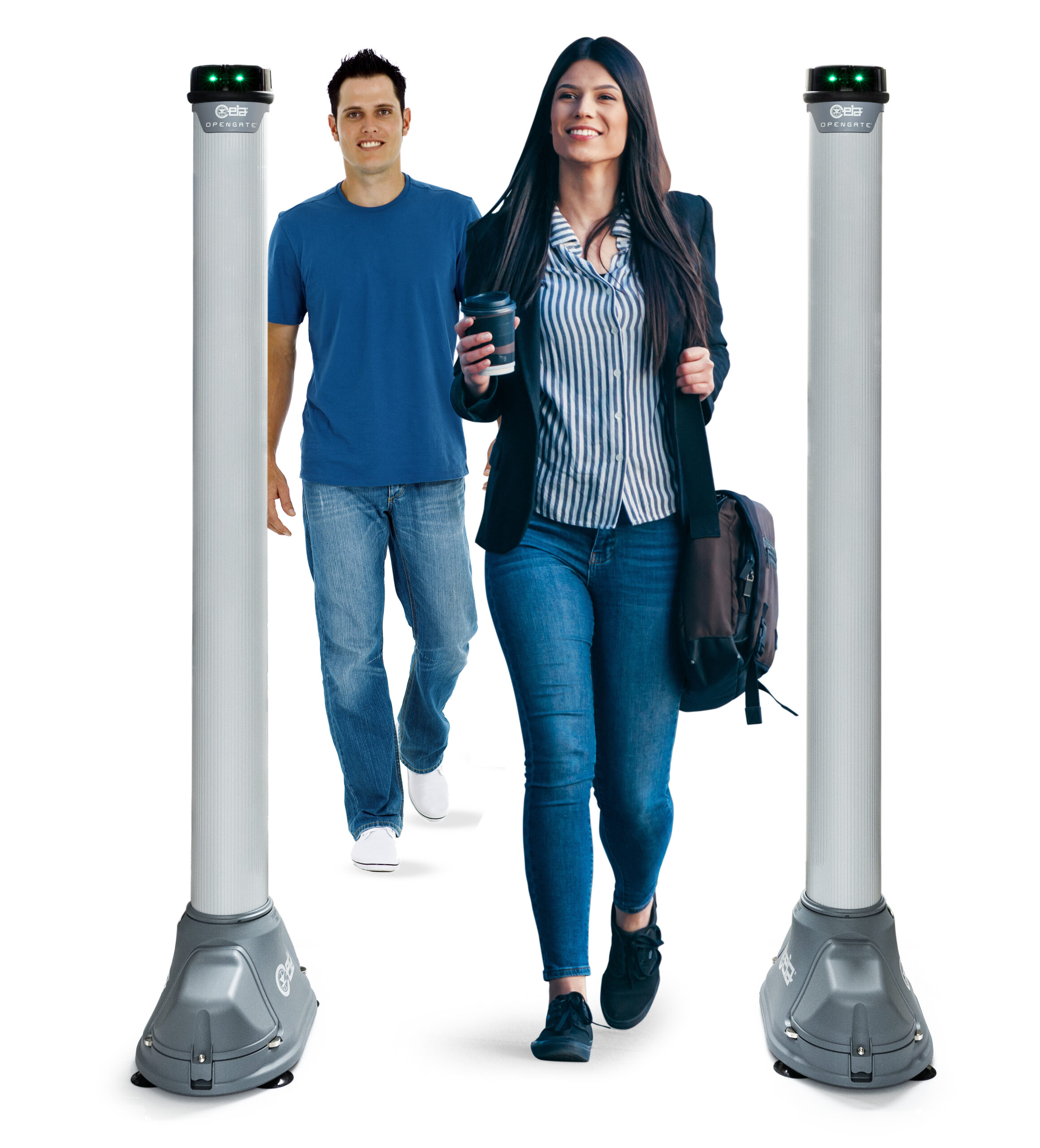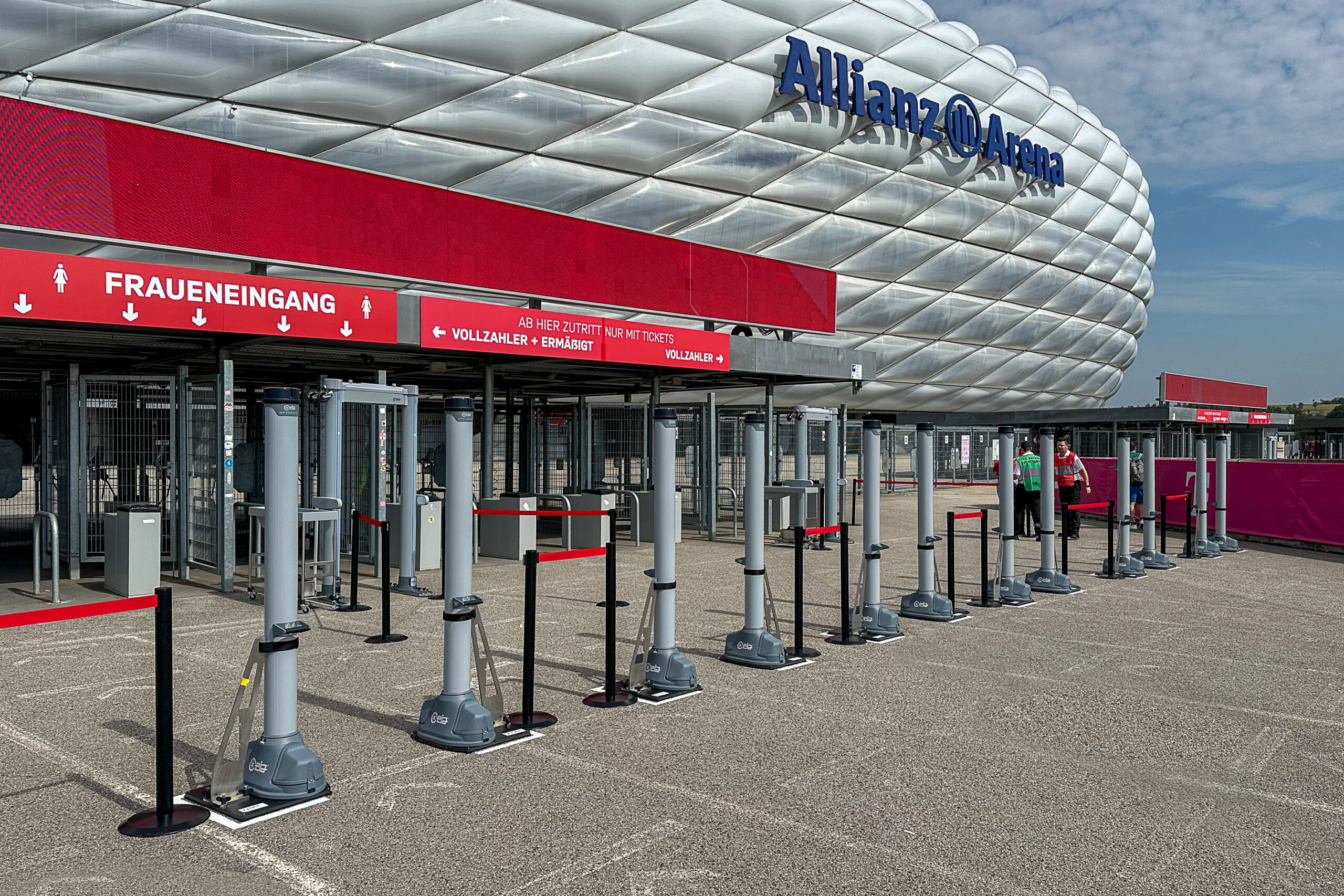Are you planning a major event or managing a large venue?
Meet OPENGATE: The Right Tool for the Job
Built by CEIA — a global leader in metal detection for over 55 years — OPENGATE® is a Groundbreaking Weapons Detection System designed for faster screening of people with their backpacks, purses and bags, etc. for the detection of a large variety/number of Metal Threats, such as high calibre assault weapons
It is a new technology, today adopted by many large venues, offering security and high throughput all in one system.

Why OPENGATE stands apart:
✅ Rapid Deployment – Set up in under 1 minute
✅ Lightweight & Portable – Only 11kg, no tools required
✅ All-Weather Performance – Indoors or outdoors, wind or rain
✅ Flexible Power Options – Runs on battery (up to 14 hrs) or std power
✅ No Tech Install Needed – Truly plug-and-play
✅ Low Nuisance Alarm Rate – Avoid alarm fatigue and missed threats
Built for Today’s Security Standards
OPENGATE meets the performance recommendations for public space metal detection (COMMISSION RECOMMENDATION (EU) 2023/1468), applicable to mass transit and large gathering areas. Typical applications include screening in arenas, stadiums, theatres, universities, schools, convention and commercial centres.

Compliance Backed by Independent Testing
OPENGATE is compliant with the most stringent electromagnetic exposure regulations, ensuring it is safe to use for people with medical implants, such as pacemakers, defibrillators, and neurostimulators:
At CEIA, we back this up with independent third-party certification and full documentation available on request.

Smart Questions to Ask Before Choosing a Screening Solution
Whether you’re screening for a major event, transport hub, or high-footfall venue, asking the right questions is critical to ensuring both safety and efficiency. Here’s a checklist for decision-makers to make informed, future-proof choices:
Does the purchase include hardware, software, training, support, updates, and any licensing? Watch out for hidden fees or ongoing costs.
Don’t rely on brochures. Demand proof in real-world conditions — and trial it in your environment with your crowd flow.
If it takes a specialist to operate or set up, it won’t get used properly. Choose a technology your team can deploy in minutes and use with confidence.
Ensure your supplier has boots on the ground — with Australia-based support, training, spares parts in country, and repair services.
Confirm compliance with third-party verified standards for electromagnetic exposure — especially for people with pacemakers, ICDs, and neurostimulators.
If the system collects data, confirm it adheres to relevant privacy laws — with transparency around how and where data is stored.
Go beyond the sales pitch. Do your due diligence. Look online into their reputation, for their track record, client base, and history of successful deployments in Australia — especially in high-stakes environments.
Ask for external certifications, medical safety compliance, and real-world case studies — not just in-house testing.

